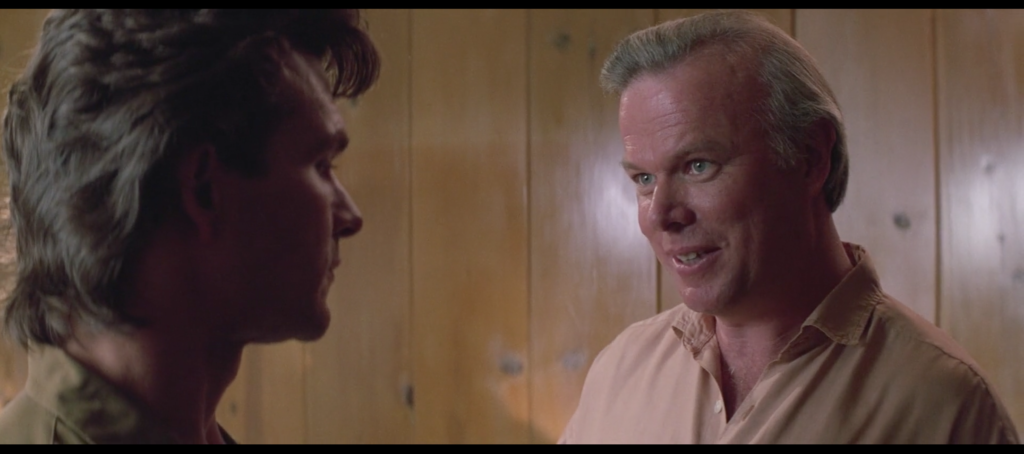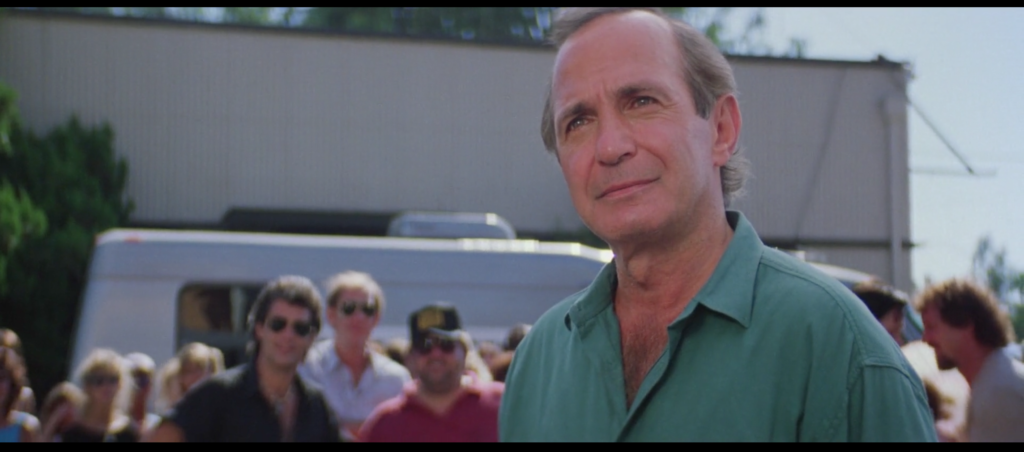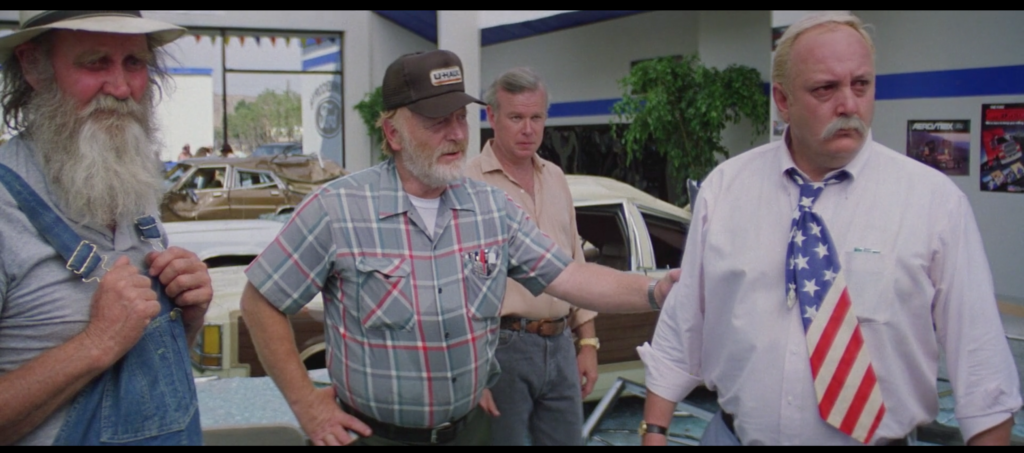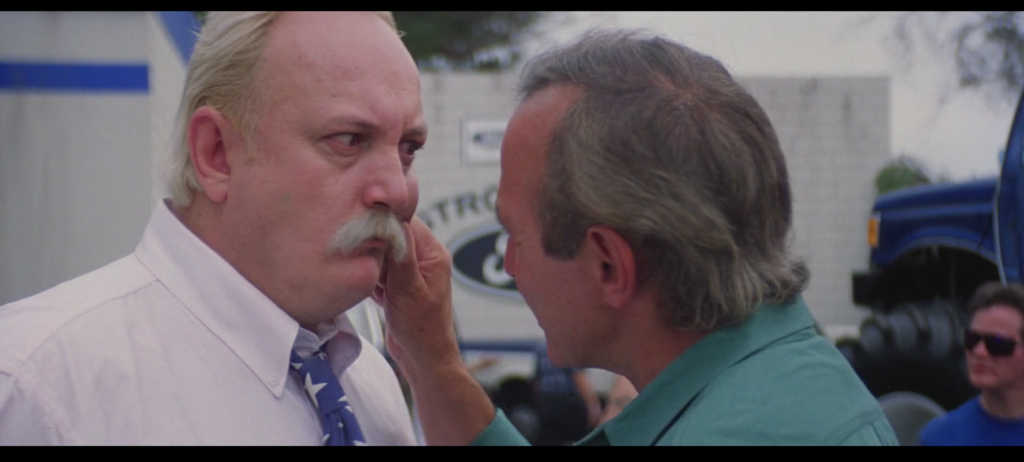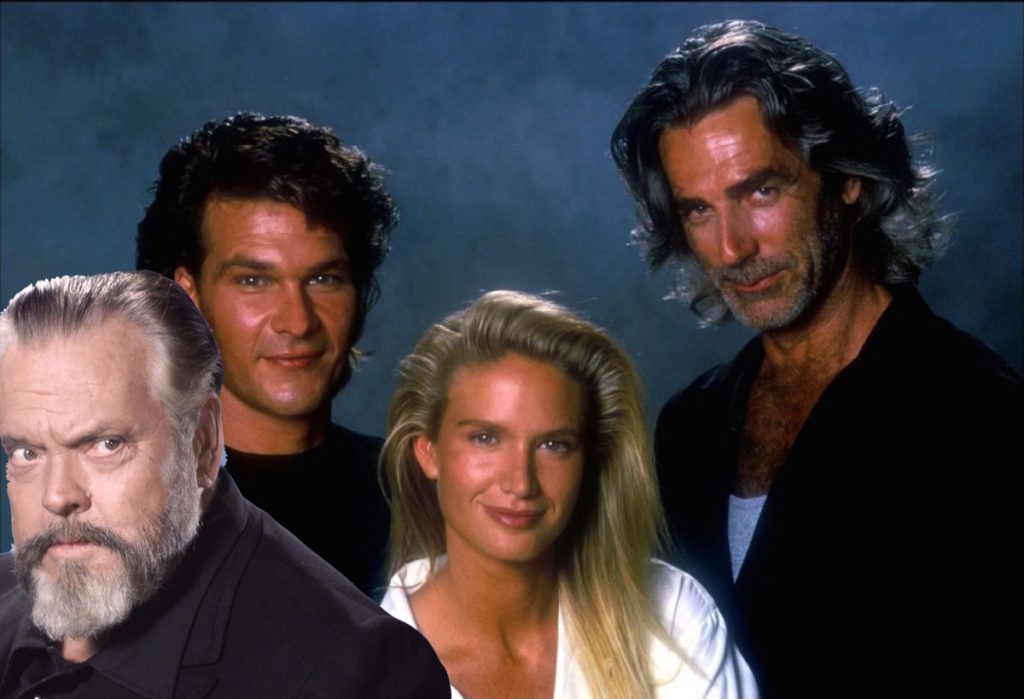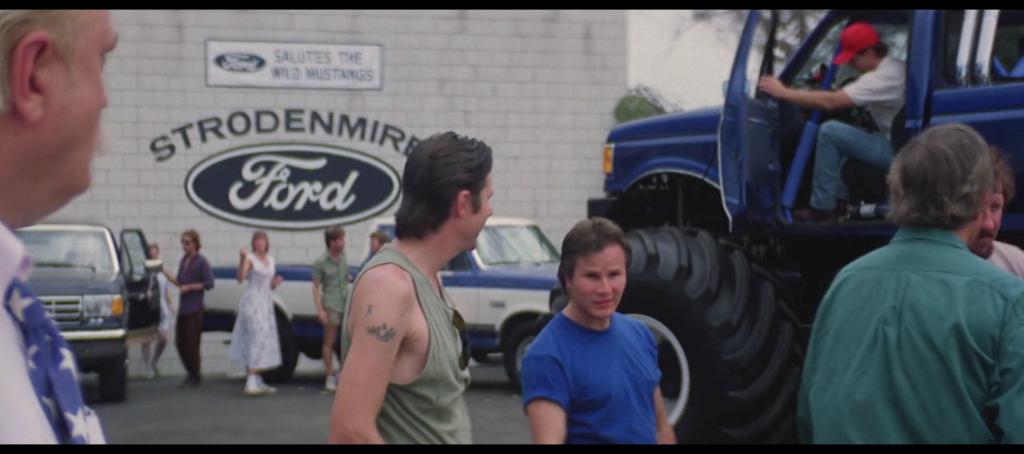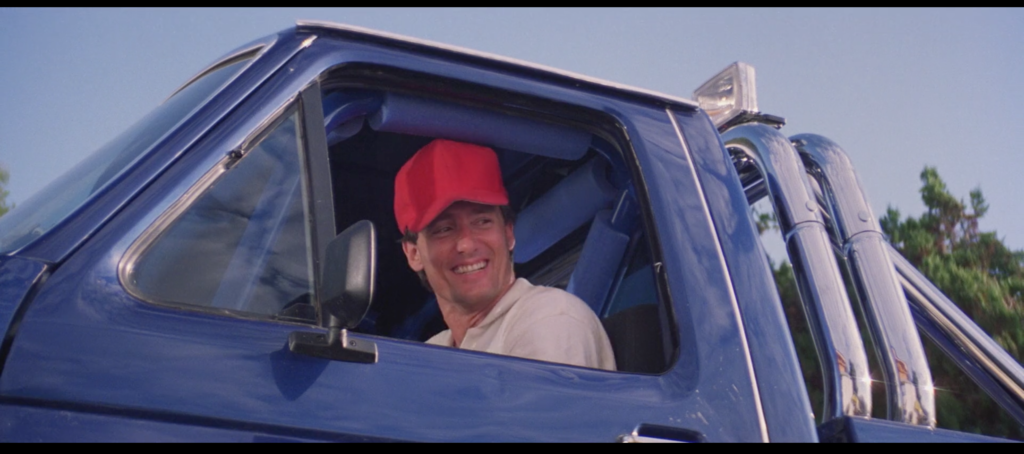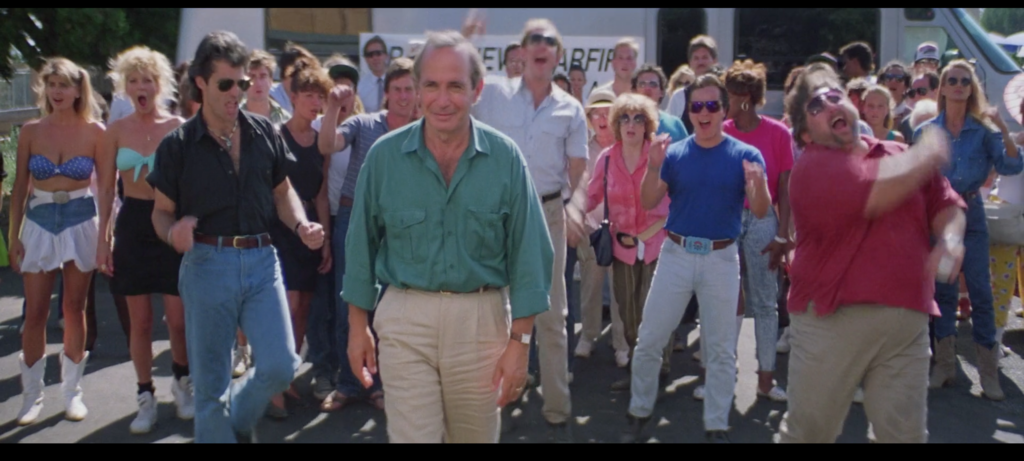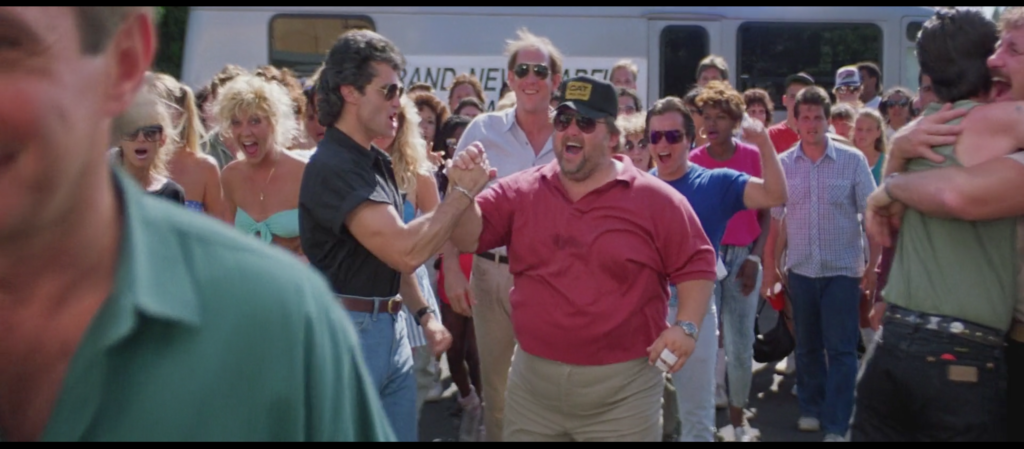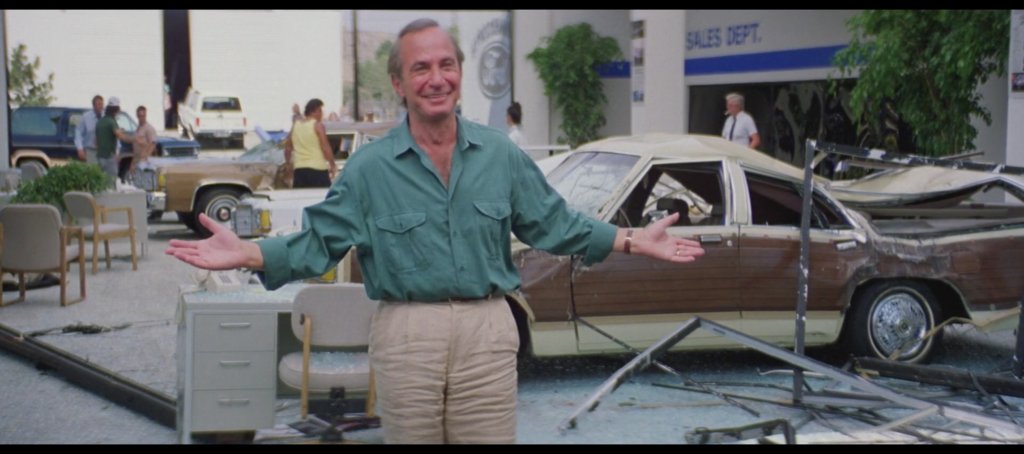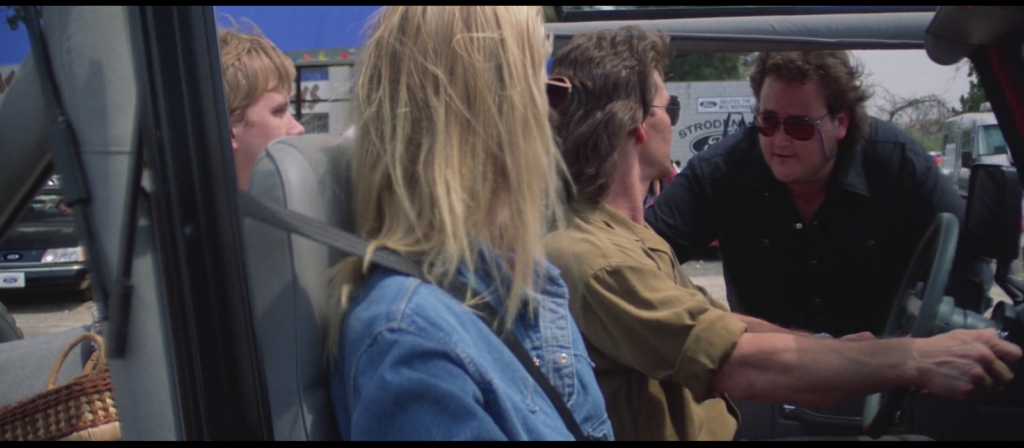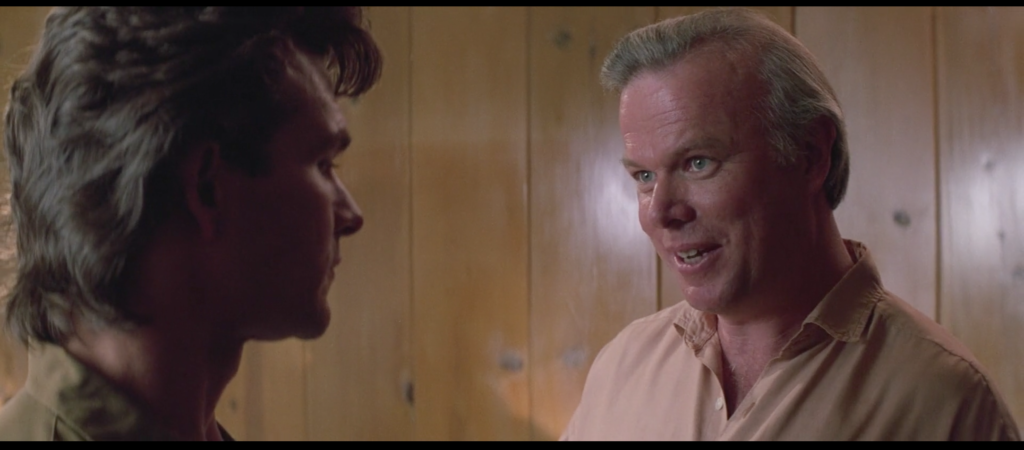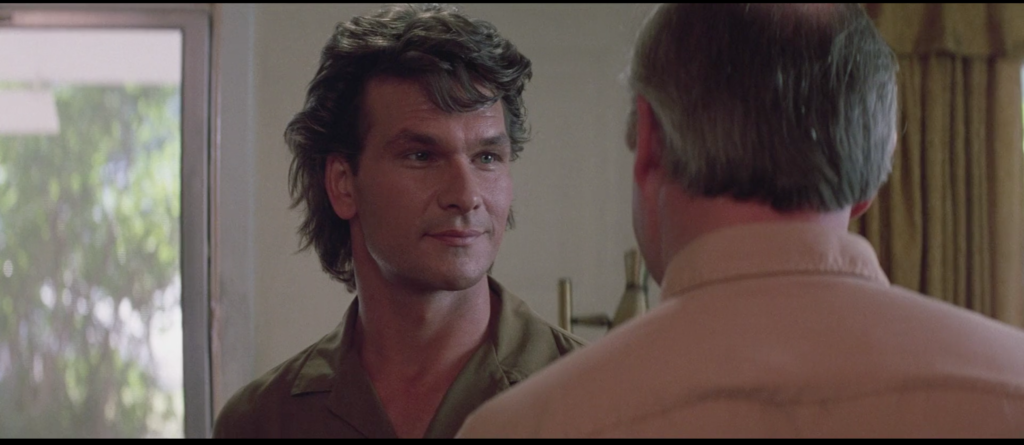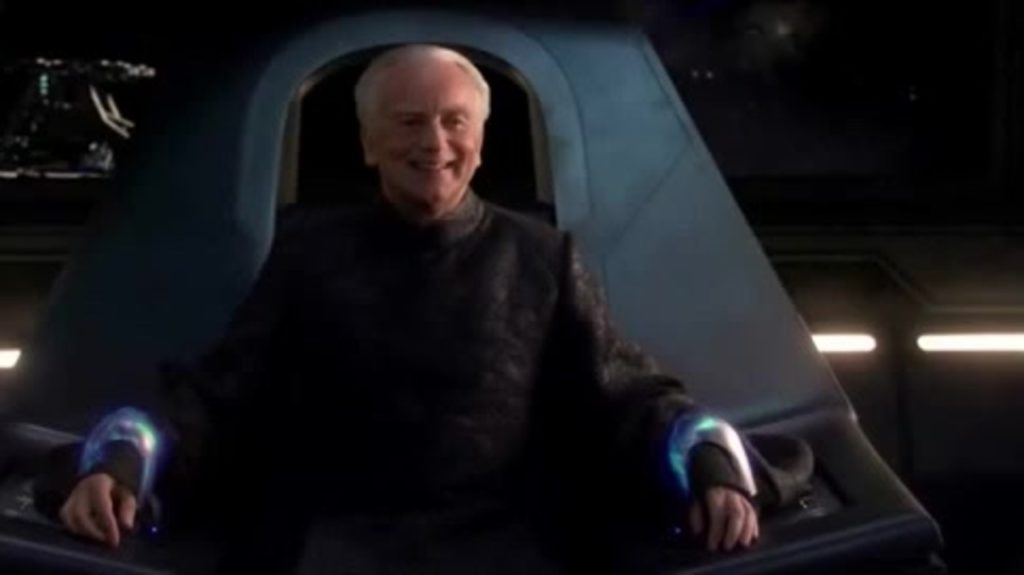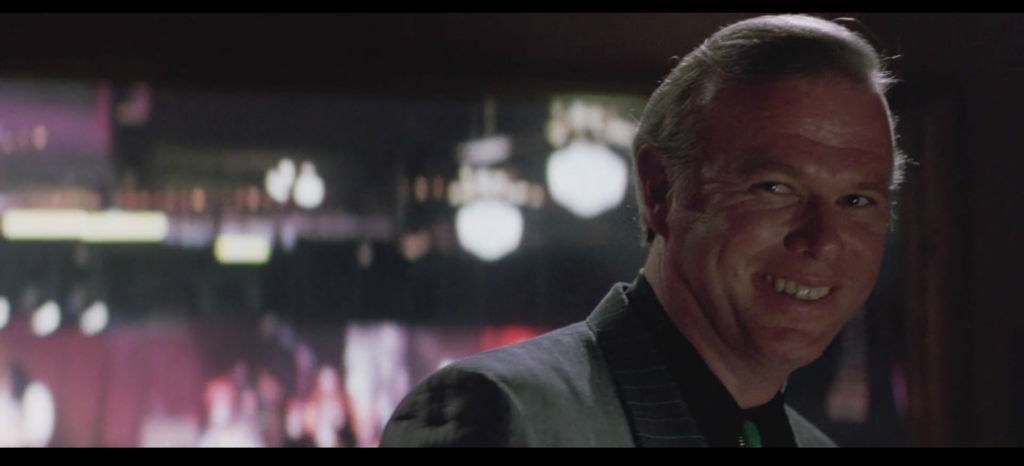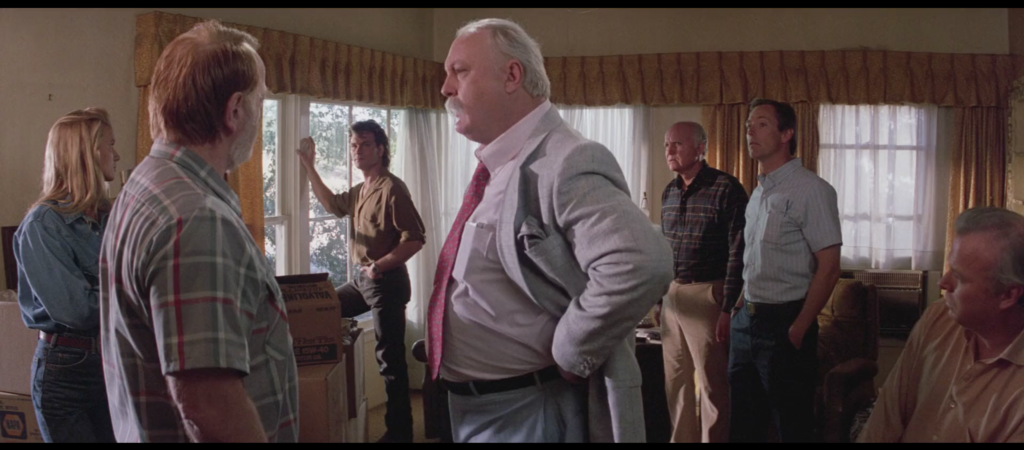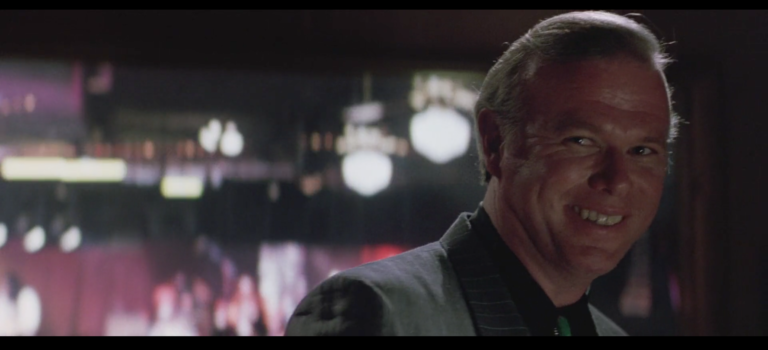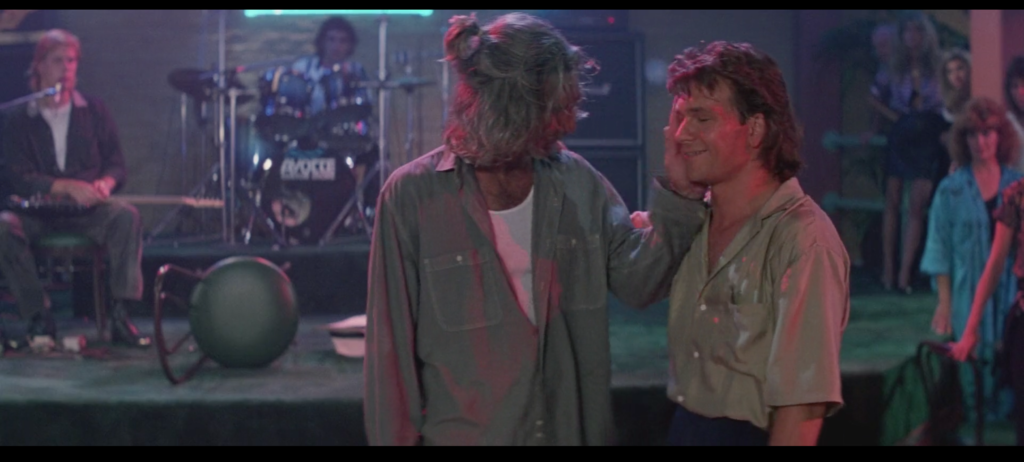I’ve gone easy on The Terror: Infamy. No really, I have. As you fine A.V. Club readers and commenters have pointed out to me, last week’s installment, with its slapdash approach to how its characters handle for-certain knowledge of malevolent spirits, probably deserved worse than the C- I awarded it. As a horror guy, I can be swayed by shows that show a little bit of effort in that regard, and as such the gruesome opening skin-graft sequence was the episode’s saving grace.
This week’s opening sequence? It ends with a jump-scare crash-cut the moment Yuko the yurei opens her eyes—huge shock, I know, considering how we’ve watched this same undead woman skulk around, eyes wide open, everywhere from Oregon to Guadalcanal. Is it possible to telegraph a moment you’ve already delivered to the audience in triplicate? Apparently so, if you’re as misbegotten a series as The Terror: Infamy.
Speaking once again as a horror guy, something about that moment really…well, almost insulted me. Are we supposed to be that stupid, we horror fans? Are we supposed to be scared just because what we’re being shown has assumed the scare-shape of a moment that’s frightened us before in other, better work? The unexpected eye-opening resurrection beat is a bit that’s been done to death (no pun intended); are we supposed to jump out of sheer Pavlovian conditioning?
I no longer really care what we’re supposed to do, not in The Terror: Infamy’s case at any rate. Titled “My Sweet Boy,” the series’ eighth installment is a hodgepodge of moments that make no more artistic or narrative sense than expecting us to be scared when the undead character reveals that, yes, she is in fact still undead. It’s a trite, lazy, condescending mess from start to finish.
I reviewed this week’s episode of The Terror: Infamy for the A.V. Club.

